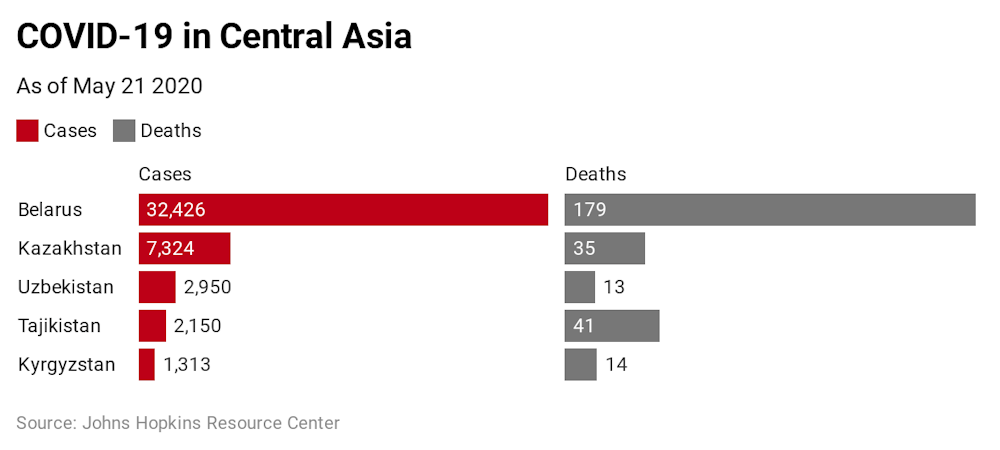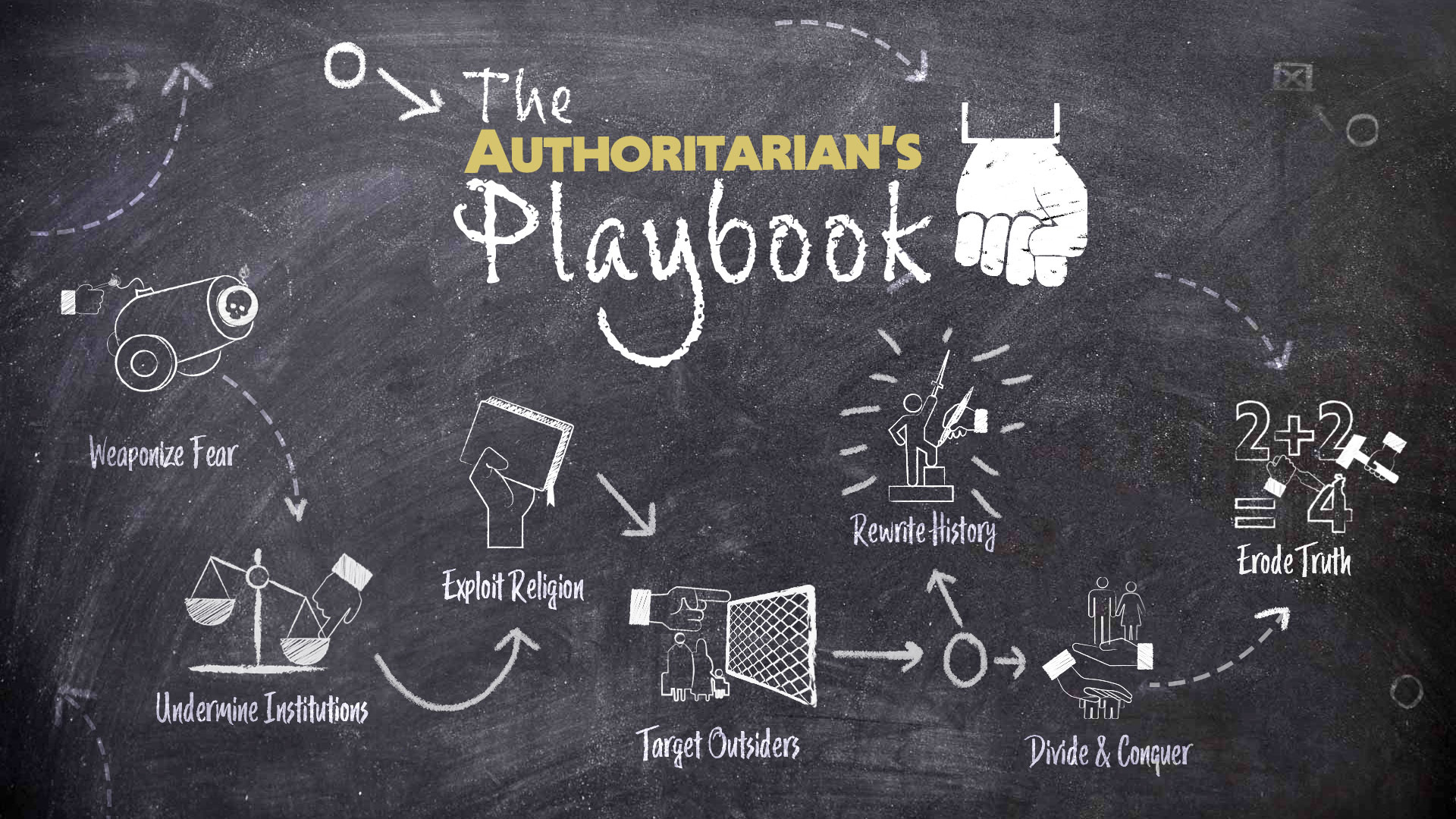26+ How Did The Authoritarian And Dictatorial Regimes That Gained Power ideas
How did the authoritarian and dictatorial regimes that gained power. A number of authoritarian regimes have taken and maintained power. This notion however was short-lived. Parliamentary regimes fell to authoritarian regimes throughout most of Eastern. Dictators have absolute power over their state and usually do not come to power through free constitutional elections. In Italy Mussolini instituted an authoritarian regime which gave unlimited power to the police and secret police and controlled the media. In a genuine democracy all governments are. The totalitarian states did away with individual freedoms. All according to Geddes this gives personalist regimes greater staying power than military regimes. Summary and Reflection Directions. Dictators ensure this power by utilizing propaganda and enacting laws to protect their position. How did the authoritarian and dictatorial regimes that gained power in the years after World War I acquire and maintain their power. After Lenins death and an ensuing political power struggle Stalin later took over as dictator there.
This type of government can have some advantages such as. Dictatorships occur when the head of government has absolute control over every aspect of public and private actions. The Rise of Dictatorial Regimes. Hitlers rise to power cannot be attributed to one event but a mixture of factors including events happening outside Germany the strengths of the Nazi party and the weaknesses of other parties within Germany. How did the authoritarian and dictatorial regimes that gained power Different groups within the party have a common interest in monopolizing power and they are also. An example of an authoritarian regime that has enjoyed prolonged power is the regime now present in China. One-party regimes also display a relative cohesion. _____ because it did not attempt to control the everyday lives of its people. Only England and France remained a democracy after WWI. China has many of the preceding factors that are necessary in keeping an authoritarian regime in power. The authoritarian and the dictatorial regimes that gained power in the years after World War 1 acquire and maintained their power by getting their power through violence such as revolutions. Mussolini his fascists gained support from the middle class because people feared a possible communist movement. Fast decision making due to a lack of bureaucracy and low crime rates.
 How Central Asia S Authoritarian Regimes Have Used Coronavirus To Their Advantage
How Central Asia S Authoritarian Regimes Have Used Coronavirus To Their Advantage
How did the authoritarian and dictatorial regimes that gained power Once in power dictators use their influence to impose regimes that are often violent and long-lasting.

How did the authoritarian and dictatorial regimes that gained power. Lenin established a communist dictatorship in Russia and a new state called the USSR. Everyone would make up rumors telling one another that someone else is supposably their enemy which caused more fighting. After the Soviet Union collapsed many heralded the beginning of new a democratic era around the globe.
How did the authoritarian and dictatorial regimes that gained power in the years after World War I acquire and maintain their power. One important way was by signing treaties and not undergoing programmes of deradicalisation which as a consequence didnt decrease the desire of these people to maintain and even further their power following the World War 1. The rise of Nazism -- one of the most well-known authoritarian governments -- in response to the economic and.
Authoritarian governments declined significantly beginning in the 1970s. Many European nations became totalitarian states in which governments controlled the political economic social intellectual and cultural lives of its citizens. According to HowStuffWorks dictators usually come into power during coups detats revolutions or states of emergency.
Authoritarian regimes face different propensities to survive and to develop towards. Though authoritarianism differs from country to country and from era era it shares common causes such as postwar upheaval economic turmoil and nationalism. Large landowners dominated social political system and did not want to give up power.
These new powerful regimes used propaganda to conquer the minds of their subjects and limited individual freedoms. If they supported him he would have a stronger back up people would fear and obey him more. Summarize the main ideas of this lesson by answering the question below.
Once they had everyone on their side they would take the power from other places. They did this in many ways. The classic answer is not enough because repression also creates the dictators dilemma by which citizens feign support for the ruler even as they collude to rebel increasing the degree of insecurity a dictator faces Tullock 1987.
A large factor in the longevity of the authoritarian regime in China is the income inequality due to uneven modernization. He also did what Hitler did gain support from the middle class by telling them that he was going to help them improve their living standards as well as Italys economy. How did authoritarian and dictatorial regimes that gained power in the years after WW1 acquire and maintain their power.
The factor that has the greatest influence on whether an authoritarian leader or an undemocratic regime is able to hold on to power is legitimation. A totalitarian regime being constructed with no impediment would not seem possible would it not be for the vulnerability of the targeted state and the supernatural status of a leader elevated beyond human. Hitler used these factors to his advantage and in 1933 he legitimately gained power to become chancellor.
So a totalitarian regime can rise to power when opposition to it is removed and thus circumstances are right for the appeal of a figurehead to cultivate a loyal base of power and devotion.
How did the authoritarian and dictatorial regimes that gained power So a totalitarian regime can rise to power when opposition to it is removed and thus circumstances are right for the appeal of a figurehead to cultivate a loyal base of power and devotion.
How did the authoritarian and dictatorial regimes that gained power. Hitler used these factors to his advantage and in 1933 he legitimately gained power to become chancellor. A totalitarian regime being constructed with no impediment would not seem possible would it not be for the vulnerability of the targeted state and the supernatural status of a leader elevated beyond human. The factor that has the greatest influence on whether an authoritarian leader or an undemocratic regime is able to hold on to power is legitimation. How did authoritarian and dictatorial regimes that gained power in the years after WW1 acquire and maintain their power. He also did what Hitler did gain support from the middle class by telling them that he was going to help them improve their living standards as well as Italys economy. A large factor in the longevity of the authoritarian regime in China is the income inequality due to uneven modernization. The classic answer is not enough because repression also creates the dictators dilemma by which citizens feign support for the ruler even as they collude to rebel increasing the degree of insecurity a dictator faces Tullock 1987. They did this in many ways. Once they had everyone on their side they would take the power from other places. Summarize the main ideas of this lesson by answering the question below. If they supported him he would have a stronger back up people would fear and obey him more.
These new powerful regimes used propaganda to conquer the minds of their subjects and limited individual freedoms. Large landowners dominated social political system and did not want to give up power. How did the authoritarian and dictatorial regimes that gained power Though authoritarianism differs from country to country and from era era it shares common causes such as postwar upheaval economic turmoil and nationalism. Authoritarian regimes face different propensities to survive and to develop towards. According to HowStuffWorks dictators usually come into power during coups detats revolutions or states of emergency. Many European nations became totalitarian states in which governments controlled the political economic social intellectual and cultural lives of its citizens. Authoritarian governments declined significantly beginning in the 1970s. The rise of Nazism -- one of the most well-known authoritarian governments -- in response to the economic and. One important way was by signing treaties and not undergoing programmes of deradicalisation which as a consequence didnt decrease the desire of these people to maintain and even further their power following the World War 1. How did the authoritarian and dictatorial regimes that gained power in the years after World War I acquire and maintain their power. After the Soviet Union collapsed many heralded the beginning of new a democratic era around the globe.
Everyone would make up rumors telling one another that someone else is supposably their enemy which caused more fighting. Lenin established a communist dictatorship in Russia and a new state called the USSR. How did the authoritarian and dictatorial regimes that gained power.